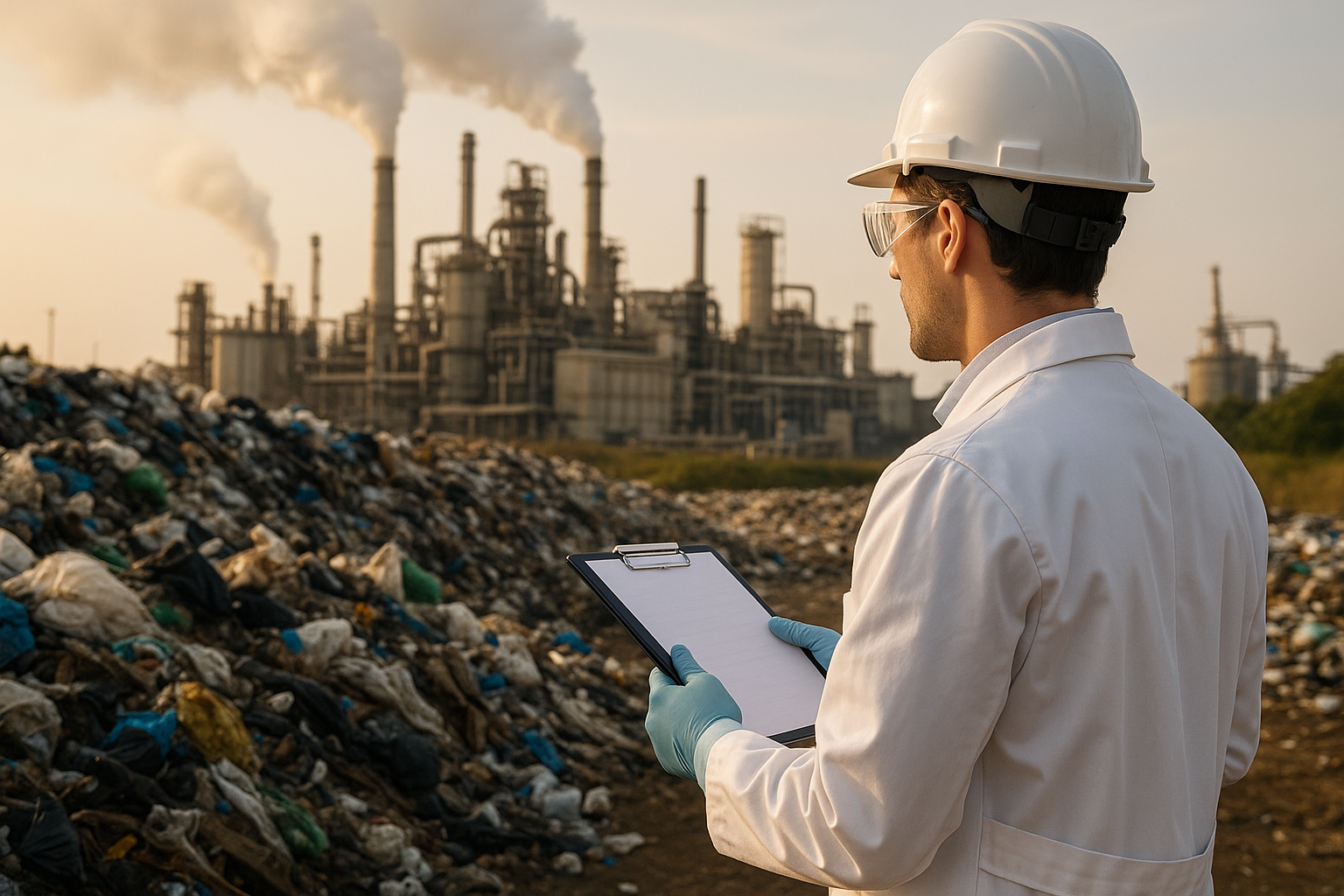Rethinking Industrial Waste Management: A Comprehensive Guide
Introduction: The management of industrial waste is a pressing issue that has significant implications for both the environment and business operations. This article delves into the subject, offering an illuminating overview of the past, present, and future of industrial waste management.

A Historical Overview of Industrial Waste Management
Industrial waste management has come a long way from its rudimentary beginnings. In the early stages of the Industrial Revolution, waste was often dumped without regard for the environment or public health. As industries expanded, so did the amount and toxicity of waste, leading to severe environmental damage and health concerns. The realization of these adverse effects eventually led to the establishment of regulations and waste management practices aimed at minimizing harm.
The Current State of Industrial Waste Management
The present-day practice of waste management incorporates regulatory compliance, innovative technologies, and strategic planning. Businesses have realized that effective waste management not only mitigates environmental risks but also contributes to operational efficiency. However, the sheer volume of industrial waste and the diversity of its composition continue to pose challenges.
Impact of Industrial Waste on Business and Environment
The mismanagement of industrial waste can have devastating effects, both on the environment and on the reputation and operations of a business. Pollution of air, water, and soil can lead to legal penalties and public backlash. Conversely, effective waste management can enhance a company’s image, reduce costs associated with waste disposal, and even generate revenue through recycling and reuse.
The Future: Sustainable Industrial Waste Management
The future of industrial waste management lies in sustainable practices. The focus is shifting from mere disposal to waste reduction, recycling, and recovery. This approach not only conserves resources but also opens up new avenues for value creation. However, the transition to sustainable waste management requires a paradigm shift and a considerable investment in technology and processes.
Industrial Waste Management in Practice
A growing number of companies are adopting innovative strategies for managing their waste. These include waste audits to identify reduction opportunities, partnerships with waste management companies, and employee training programs. While these practices are promising, their widespread adoption is still an ongoing process.
Practical Insights for Industrial Waste Management
-
Regularly conduct waste audits to identify reduction opportunities.
-
Invest in waste management technologies and processes that align with sustainability goals.
-
Collaborate with professional waste management companies for expert guidance and effective solutions.
-
Foster a culture of waste reduction and recycling among employees.
-
Stay updated on the latest regulations and industry best practices.
In conclusion, industrial waste management is a complex yet crucial aspect of business operations. It has evolved from a mere compliance issue to a strategic opportunity that can enhance operational efficiency, environmental sustainability, and corporate reputation. As we move forward, the focus needs to be on sustainable waste management practices that not only mitigate harm but also create value.




